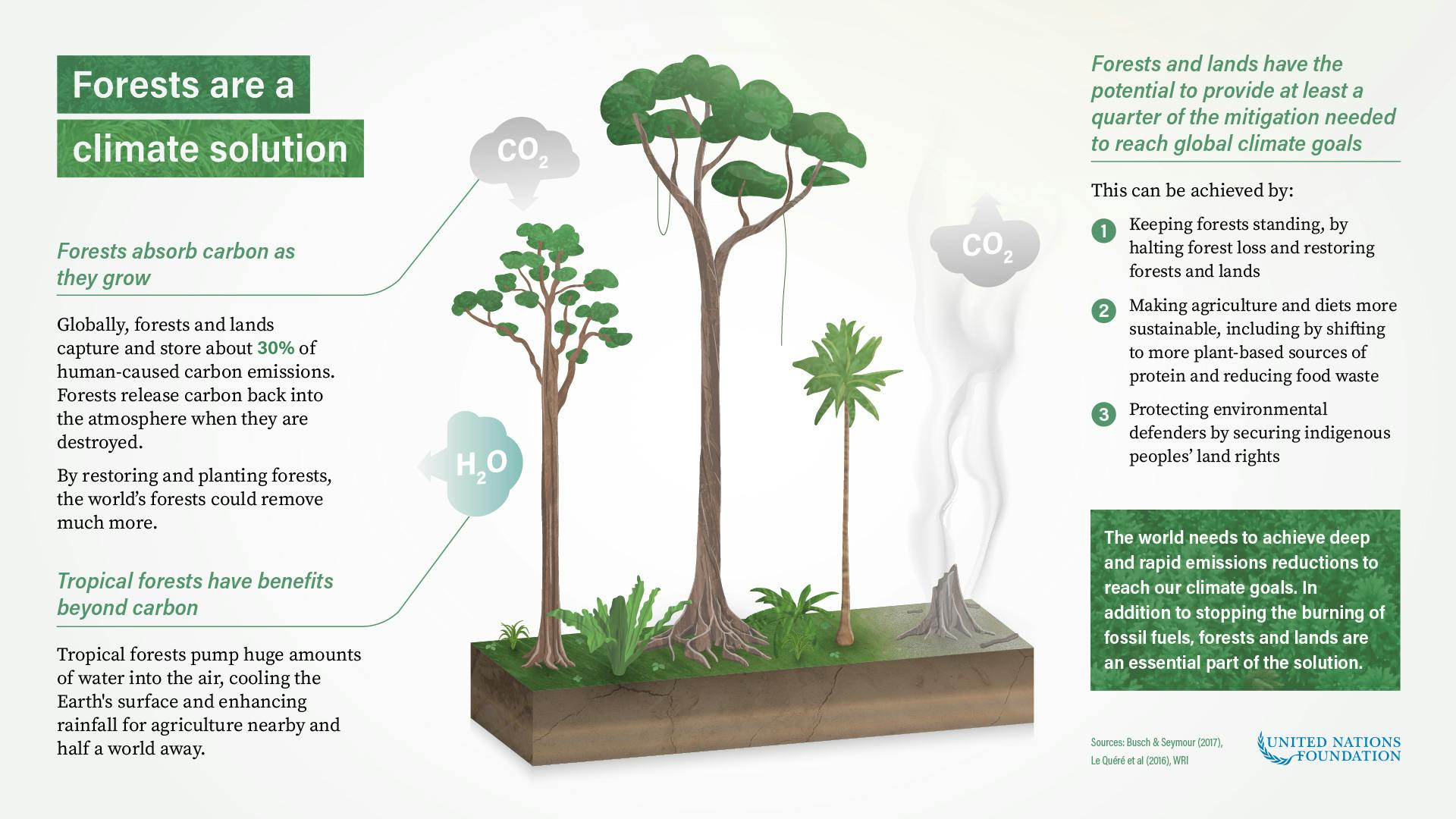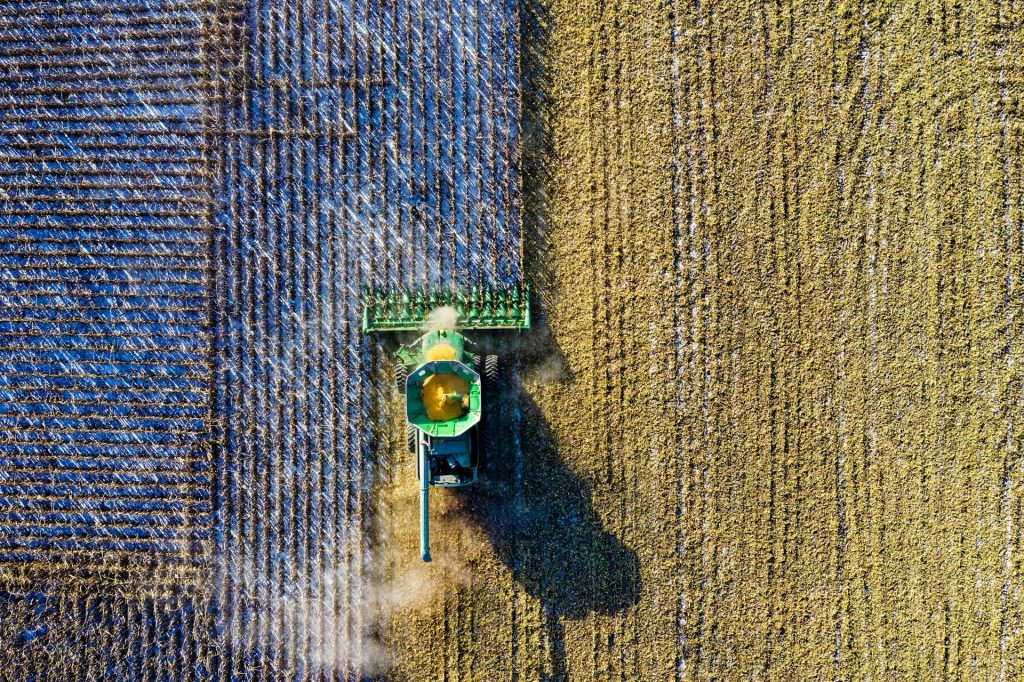Thankfully, the Special Report is not all doom and gloom; it outlines big solutions that exist right now. We can change the way we use land to create wins for climate action and the Sustainable Development Goals (SDGs): Reducing emissions from land is essential to meeting our 2030 climate deadline, when global emissions must be reduced by 45%. And doing so in a way that protects, preserves, and restores life on land (SDG 15) can drive progress on other SDGs like zero hunger (SDG 2) and economic growth (SDG 8).
Here are few solutions from the land we need to step up to meet the climate challenge:
- Protecting Ecosystems: Roughly 72% of ice-free land is affected by human activity. Keeping wild areas wild and free from human pressures is crucial for saving biodiversity and drawing down emissions.
- Reforestation and Afforestation: Planting trees on recently deforested land or agricultural lands that were previously forested can restore ecosystems and absorb major amounts of carbon.
- Eating Healthier Diets and Reducing Waste: Being smarter about what’s on our plates can be game-changing for the planet and better for our diets. An additional 1 billion people could be fed if food waste was halved globally. And reducing meat consumption can cut down on the most polluting forms of agriculture.
- Soil Management: Over 2.7 billion people are affected globally by desertification, meaning nearly a third of the world’s population has lost productive lands for farming and for absorbing carbon. Soil management can be applied to desertified soils to an area slightly bigger than Europe, improving peoples’ livelihoods and economic opportunities.

These changes in policy and in behavior work in theory, but to work in practice, they must include a diversity of people, cultures, and places. We need Indigenous communities and local communities, who have extensive knowledge of land and the characteristics of their specific region, to be at the decision table. We need girls and women, who are often on the front lines of impacts, to be on the front lines of solutions. And we need rural and urban communities alike to champion solutions from the land.
While the report shows that people have started a disastrous cycle between land use change and climate change, it’s not too late to stop the cycle.
The choice is obvious. We must manage lands more carefully to solve the climate crisis and protect people and ecosystems everywhere.
TAKE ACTION
One action that the IPCC recommends is to change what’s on our plates: swap out meat for more plant-based foods. While we need collective policy changes, individual actions do add up and send an important message to leaders. Learn how you can take individual action in the UN’s ActNow Campaign.

